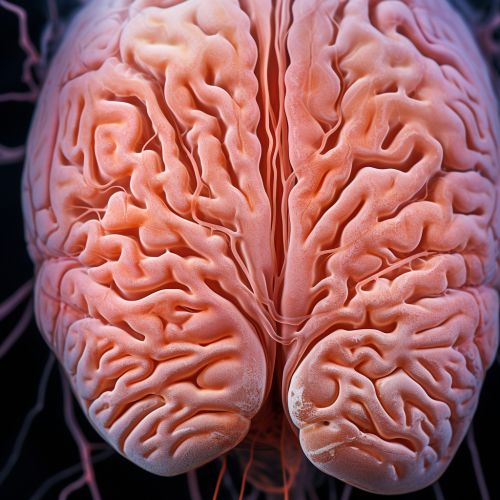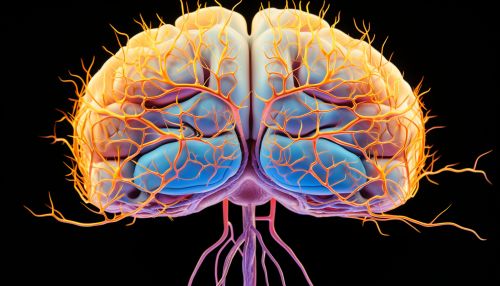Executive function
Definition
Executive function is a set of cognitive processes that are necessary for the cognitive control of behavior. These processes include attentional control, cognitive inhibition, inhibitory control, working memory, and cognitive flexibility. They also include reasoning, problem solving, and planning. These processes are essential for the cognitive control of behavior: selecting and successfully monitoring behaviors that facilitate the attainment of chosen goals.
Overview
Executive functions gradually develop and change across the lifespan of an individual and can be improved at any time over the course of a person's life. Similarly, these cognitive abilities can be adversely affected by a variety of events which occur in early life or adulthood, and the array of executive functions are subject to individual variations.


Development
The development of executive functions is a gradual process that takes place throughout childhood, adolescence, and early adulthood. This development is heavily influenced by both genetic and environmental factors. It is believed that the maturation of the prefrontal cortex and the dopaminergic system play a significant role in the development of these cognitive abilities.
Components
Executive functions can be broken down into several key components, each of which plays a unique role in our cognitive abilities. These components include:
Working Memory
Working memory is the ability to hold and manipulate information in the mind over short periods of time. It is a crucial component of executive functions as it underlies the capacity to reason, learn, and comprehend.
Cognitive Flexibility
Cognitive flexibility, also known as mental flexibility, is the ability to switch between thinking about two different concepts, or to think about multiple concepts simultaneously. It is a crucial skill for adapting to new situations and is often tested through tasks that require the individual to switch between rules or response sets.
Inhibitory Control
Inhibitory control, also known as response inhibition, is the ability to control one's behaviors and resist temptations that might lead to detriments. It also includes the ability to ignore irrelevant information and to overcome a prepotent response in favor of a subdominant response.
Problem Solving
Problem solving is the cognitive process of finding solutions to difficult or complex issues. It is a key executive function as it requires the use of many other executive functions such as planning, working memory, attention, and flexible thinking.
Disorders
Disorders of the executive functions, such as attention deficit hyperactivity disorder (ADHD), autism, depression, schizophrenia, and dementia, can severely affect a person's ability to perform these complex cognitive tasks. These disorders can be caused by a variety of factors, including genetic and environmental influences, and can have a significant impact on an individual's quality of life.
Assessment
Assessment of executive functions involves the use of a variety of neuropsychological tests, such as the Wisconsin Card Sorting Test, the Stroop Test, and the Tower of London Test. These tests are designed to measure various aspects of executive functioning, including working memory, cognitive flexibility, and inhibitory control.
Treatment
Treatment for disorders of the executive functions can involve a combination of medication, cognitive-behavioral therapy, and training in specific cognitive skills. The goal of treatment is to improve the individual's ability to function in daily life and to enhance their quality of life.
